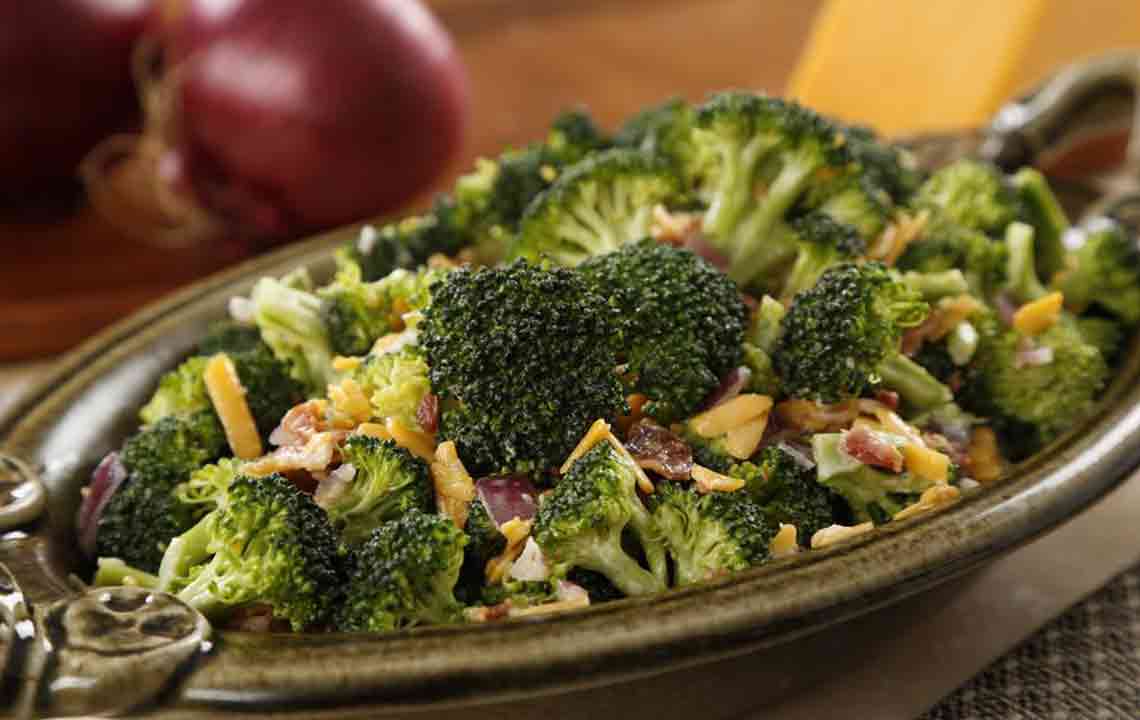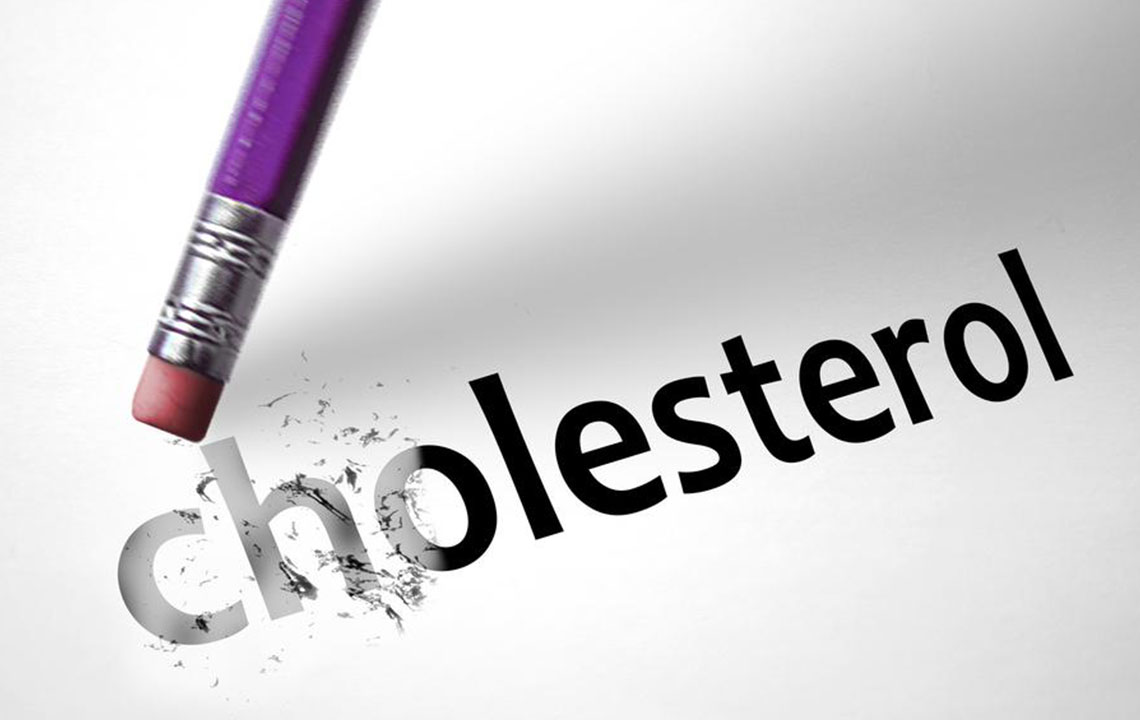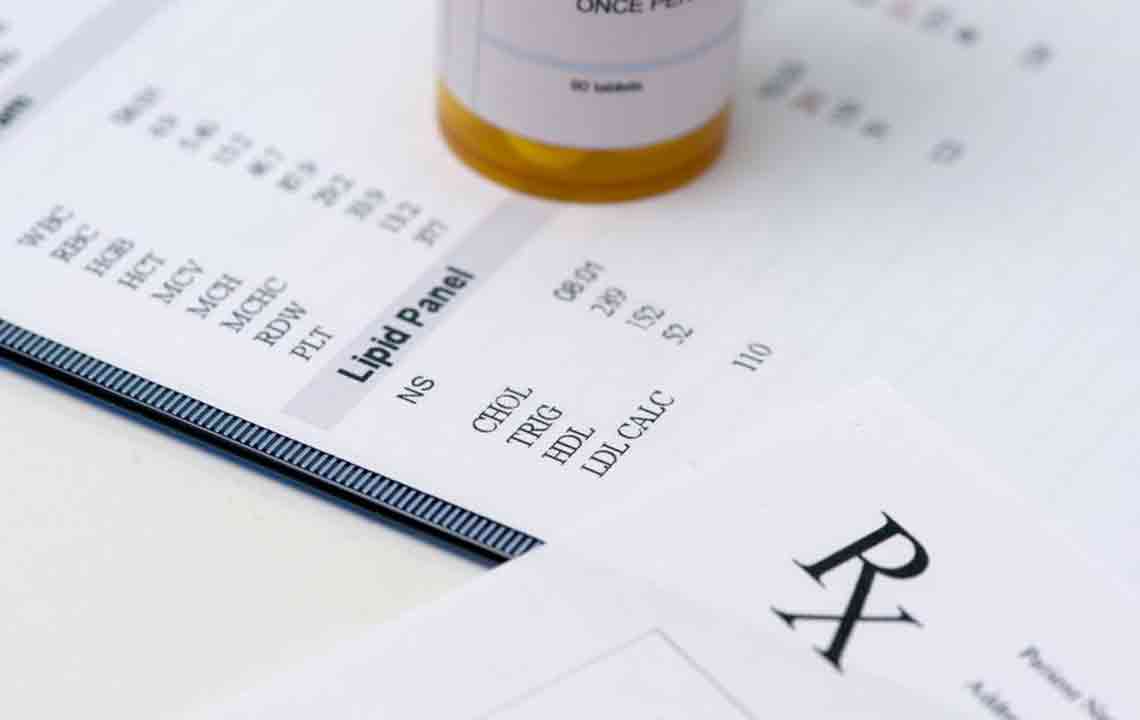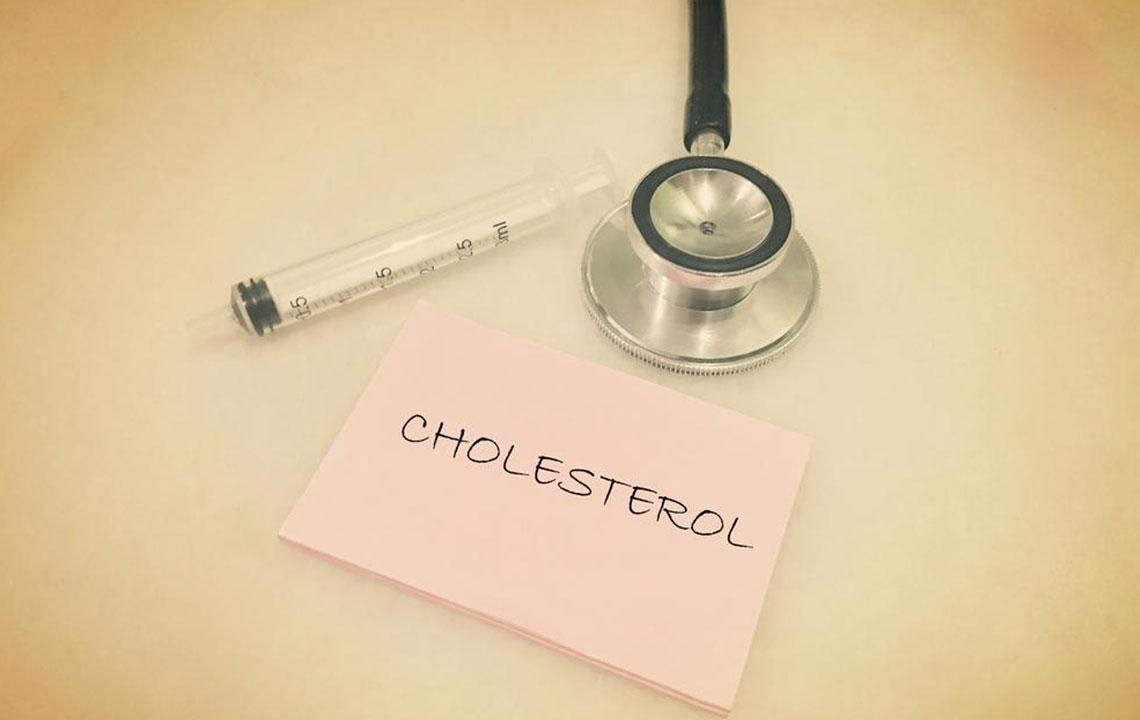Comprehensive Guide to Naturally Lowering LDL Cholesterol for Heart Health
Discover comprehensive, natural strategies to lower LDL cholesterol through diet and lifestyle modifications. Learn how healthy eating, regular exercise, and behavioral changes can improve your heart health and reduce cardiovascular risks. This detailed guide offers practical tips for maintaining optimal cholesterol levels and preventing heart disease effectively.

Effective Strategies Using Diet and Lifestyle Modifications to Reduce LDL Cholesterol
Understanding the significance of cholesterol levels is vital for maintaining optimal heart health and preventing cardiovascular diseases. LDL cholesterol, commonly referred to as the "bad" cholesterol, plays a major role in the development of atherosclerosis, which can lead to heart attacks and strokes. Conversely, HDL cholesterol is regarded as the "good" cholesterol because it helps remove LDLs from the bloodstream. Alongside these, triglycerides—fats stored and used by the body for energy—are also measured to evaluate overall cardiovascular risk. Regular monitoring through lipid profile tests allows individuals to stay informed about their cholesterol levels and take proactive measures accordingly.
High LDL cholesterol levels are often linked to poor dietary choices, sedentary lifestyles, obesity, smoking habits, and genetic predisposition. Recognizing these factors enables individuals to implement targeted strategies to manage and lower their LDL cholesterol naturally. Adopting a healthy lifestyle encompassing proper diet, physical activity, and behavioral modifications plays a key role in this process. It's important for children, adults over 20, and those with specific risk factors like family history or existing health conditions to undergo routine cholesterol screenings to prevent the onset of cardiovascular issues.
Enhancing heart health involves comprehensive lifestyle changes beyond just dietary adjustments. Avoid drinking liquids immediately before or after meals to improve digestion and maximize nutrient absorption. Incorporate more green leafy vegetables, fresh fruits, whole grains, and fiber-rich foods into your daily diet. Regular physical activities such as brisk walking, jogging, cycling, or swimming can help boost HDL levels and lower LDL cholesterol effectively. Maintaining a healthy weight through consistent exercise and mindful eating is crucial for cardiovascular health.
Consulting with healthcare professionals, including dietitians and cardiologists, can personalize your dietary plan to focus on reducing saturated fats found in red meats and full-fat dairy products, along with trans fats present in baked goods, fast foods, and fried items. Besides dietary changes, reducing alcohol intake and quitting smoking further contributes to improving lipid profiles. Incorporating stress management techniques, maintaining good sleep hygiene, and avoiding processed foods are additional steps toward a healthier heart. Consistency and discipline in following these lifestyle habits significantly influence the effectiveness of cholesterol management measures. Emphasizing sustainable changes ensures long-term benefits and a reduced risk of cardiovascular complications. Remember that natural methods complemented by medical advice, when necessary, offer the safest and most effective pathway to lowering LDL cholesterol and enhancing overall heart health.





